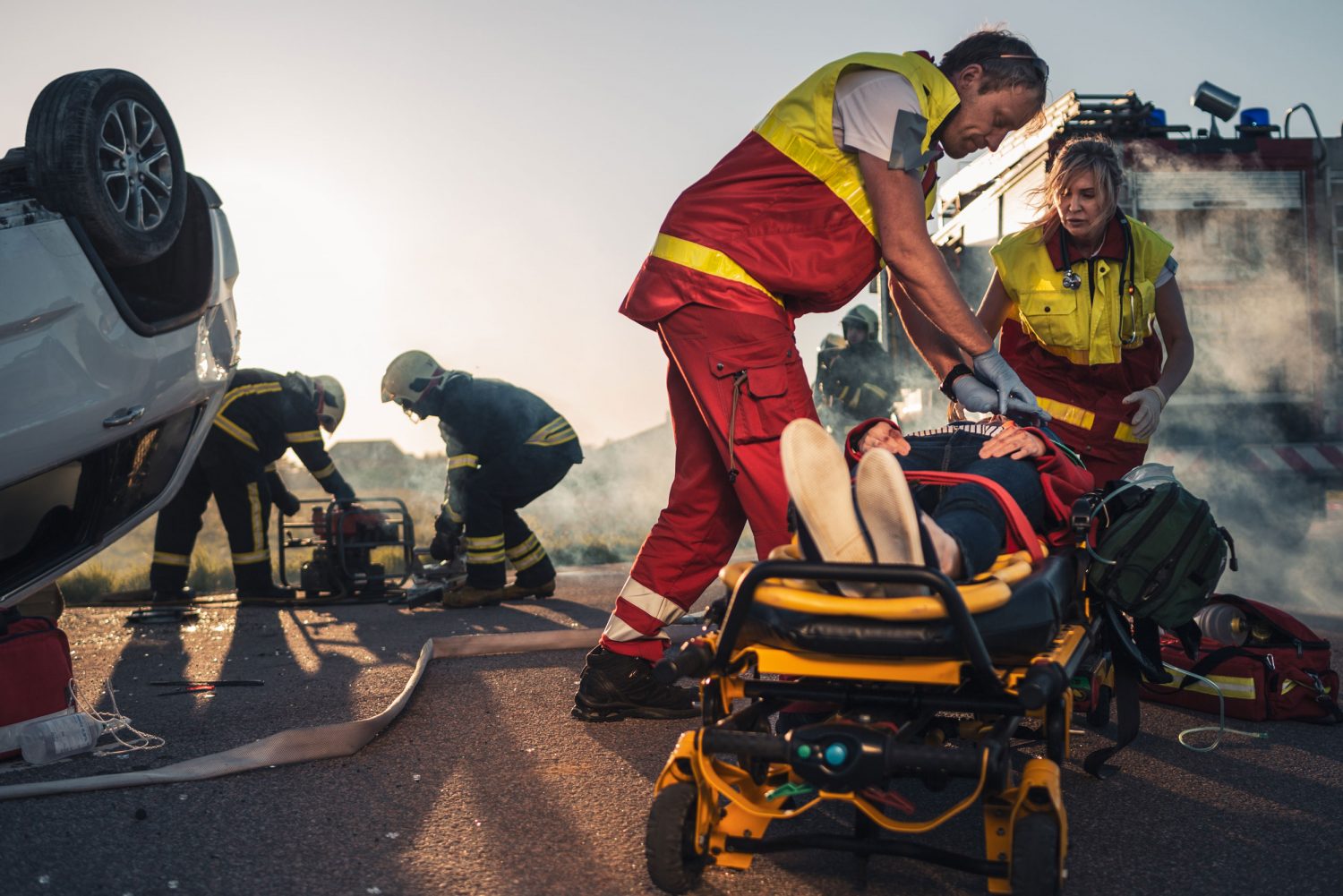„Wann et ëm Liewen an Dout geet, zielt all Sekonn. De First Responder spillt eng primordial Roll, fir Leit a liewesgeféierlechen Noutfäll ze versuergen a fir wichteg Informatiounen un d’Zentral weiderzeginn bis de Rettungsdéngscht op der Plaz ass. Gutt 2 Joer no der Reform vum Rettungswiesen, ass et interessant ze wëssen, wéi de First Responder sech am CGDIS bewäert huet.
An deem Kontext wollt ech der Madamm Inneminister folgend Froe stellen:
- Wéi dacks an a wéi enge Fäll ass de First Responder zum Asaz komm? Ginn et konkret Informatioune wéi dacks Reanimatiounen duerchgefouert gi sinn?
- A wéi ville Gemenge gëtt et e First Responder-System? Wéi huet sech dës Zuel déi lëscht Joren iwwer entwéckelt? Soll de System weider uechtert d‘Land ausgebaut ginn?
- Huet d’Madamm Inneminister Informatiounen, wéi vill Pompjeeën den Ament als First Responder aktiv sinn? Wéi huet sech dës Zuel zanter der Aféierung vum System entwéckelt?
- Kann d’Madamm Inneminister soen, ob konkret Mesure geplangt sinn, fir d’Pompjeeën z’encouragéieren, fir First Responder ze ginn?
- Wéi eng Formatioun brauch een als First Responder?
- Ass d’Madamm Inneminister der Meenung, dass et sënnvoll wier, déi medezinesch Kompetenzen iwwert d’Geste vun der 1. Hëllef eraus z‘erweideren?
- Ass d’Madamm Inneminister och der Meenung, dass et wichteg wier, de First Responderen den Asaz vu Sauerstoff z‘erlaben? Wa jo, gëtt dru geduecht, fir d’Sauerstoff- Zouféierung an d’Grondausbildung vum First Responder z‘integréieren?
- Kann d’Madamm Inneminister confirméieren, dass haaptberufflech Pompjeeë mat enger SAP2-Ausbildung oder Medezinner de Patiente just wärend hirer Aarbecht Sauerstoff däerfen zouféieren an dat deemno an hirer Fräizäit als First Responder net dierfen? Wa jo, denkt d’Madamm Inneminister drun, fir hei am Sënn vu de Patienten nozebesseren?“






